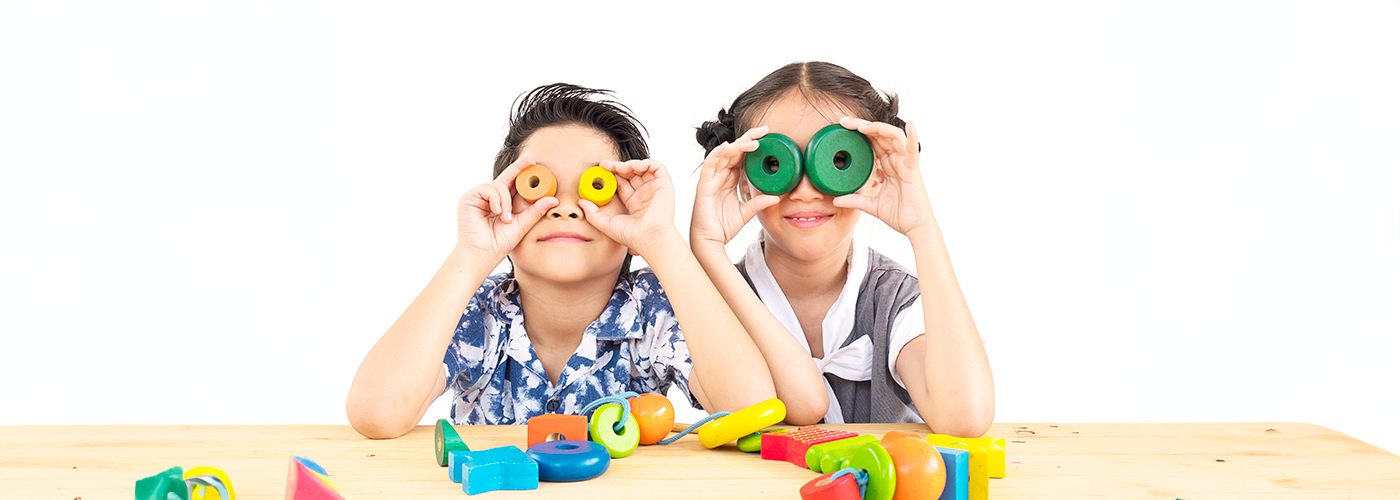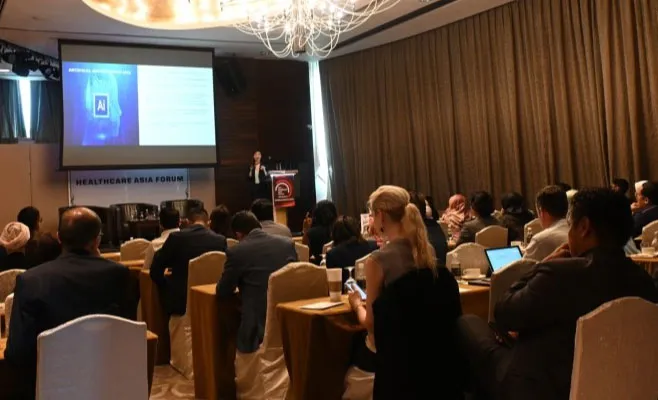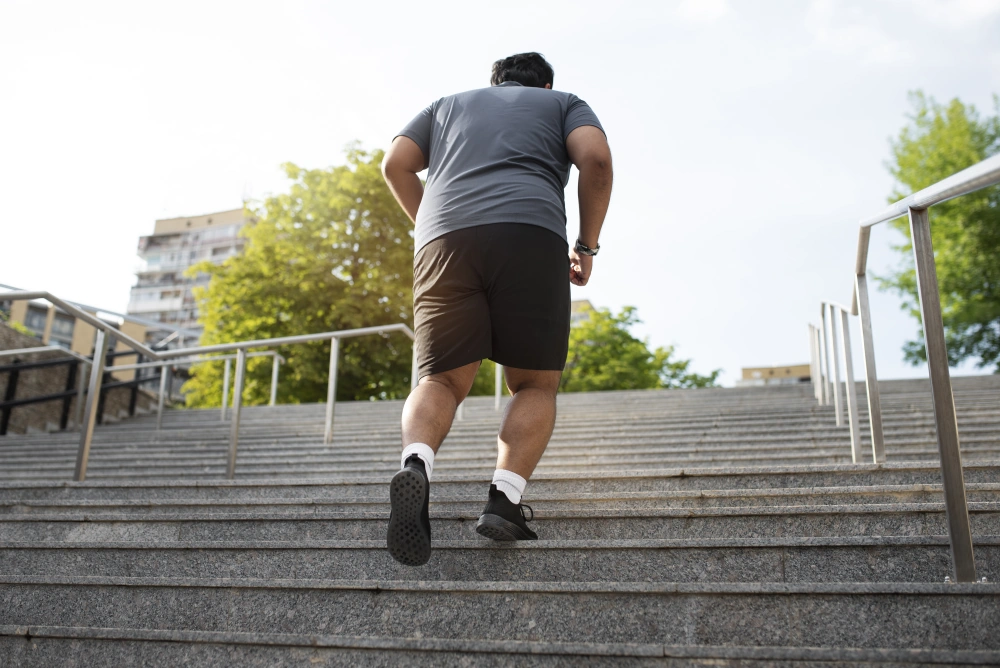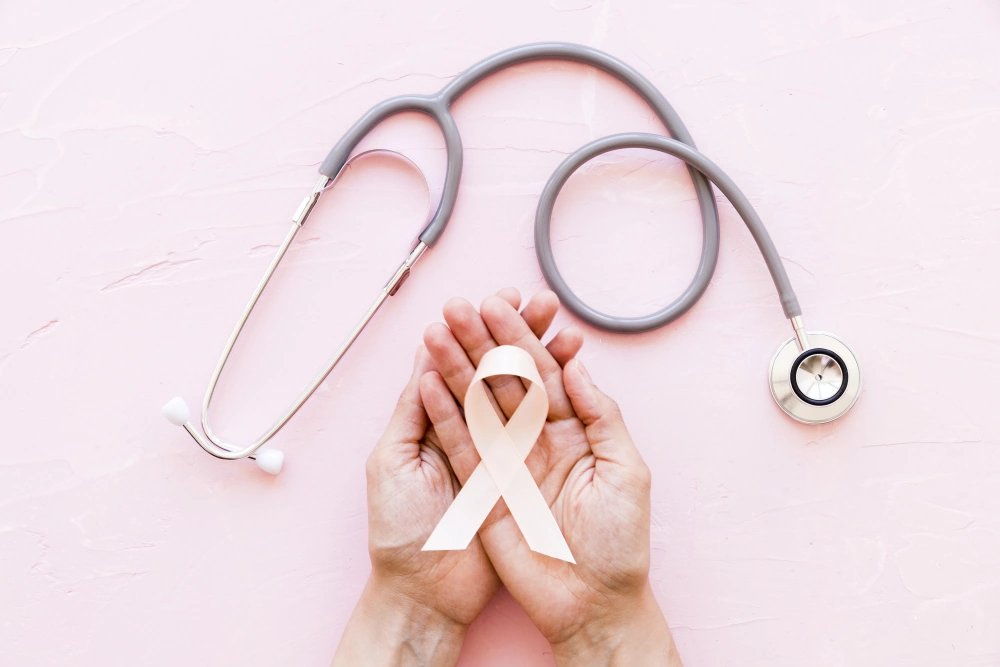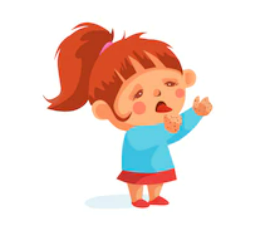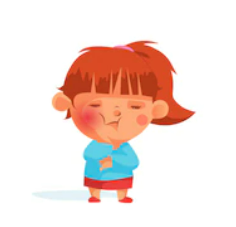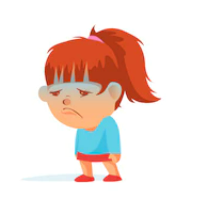The Covid-19 vaccine for children aged 5-11 is only available by Pfizer-BioNTech
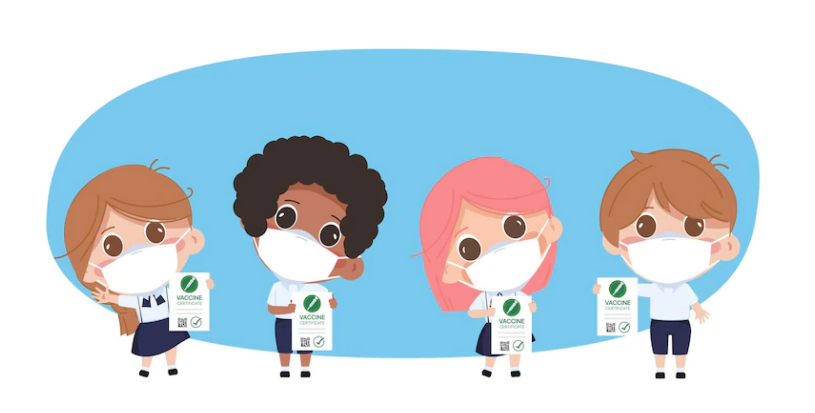
The vaccine is a separate formulation that differs from the current vaccine available for adults. While the mRNA and lipid contents of the paediatric formula are similar for adults, it differs in the vaccine stabilizer content. There is also a variance in dosage - 10 micrograms (mcg) compared to 30mcg for adults. Along with this, the injection volume (the volume of solution injected into the children) is reduced to 0.2 mL compared to 0.3 mL for adults. Lastly, a smaller needle is used to administer the vaccine.
The content of the Paediatric Covid-19 Vaccine will not contain any of these ingredients:
- No preservatives like thimerosal or mercury or any other preservatives
- No antibiotics like sulphonamide or any other antibiotics
- No medicines or therapeutics like ivermectin
- No tissues like aborted fetal cells, gelatine, or any materials from any animals
- No food proteins like eggs or egg products, gluten, peanuts, nut products or any nut by-products
- No metals (iron, nickel, cobalt, titanium), manufactured products (microelectronics, electrodes, carbon nanotubes) or other nanostructures
Expected Vaccine Side Effects
All medications and vaccines will have side effects. However, they are self-containing and most likely not dangerous. These effects may occur within 24 to 72 hours and would be resolved spontaneously. It would be easier to classify the reactions into local and general reactions.
Local reaction:
General reaction:
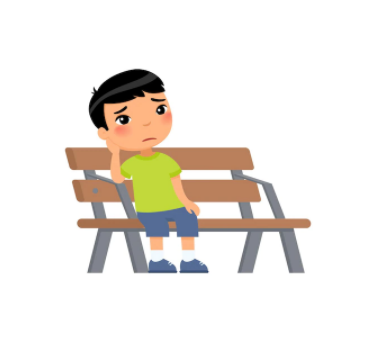 | 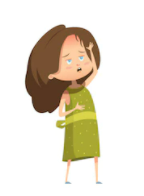 | 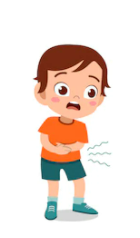 |
| Tiredness | Headache | Muscle Pain |
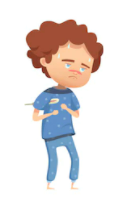 | 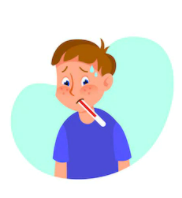 | 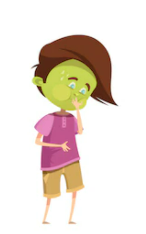 |
| Chills | Fever | Nausea |
These side effects are expected as your body is building protection and should go away within a few days. On the other hand, no side effects do not mean the vaccine is not working or is wrongly served.
Parents are advised to speak to a doctor about taking an over-the-counter medicine such as paracetamol, ibuprofen, or antihistamines for any pain and discomfort experienced after vaccination. Parents can serve these medications to relieve side effects if their children have no other medical reasons that prevent them from taking these medications normally. Parents are also advised to ask the child’s regular healthcare provider for advice on using a non-aspirin pain reliever.
The culture of taking these medications to prevent side effects is unrecommended.
To reduce pain and discomfort where the shot is given:
- Apply a clean, lukewarm, or slightly cool, wet cloth over the area
- Ask your child to move the arms or light exercises
To reduce discomfort from fever:
- Drink plenty of fluids (preferably clear, non-sugar containing)
- Dress lightly
- Bathe the child frequently with lukewarm water
Potential Long-Term Side Effects
Severe side effects of the Paediatric Covid-19 Vaccine in children include myocarditis (inflammation of the heart muscle) and pericarditis (inflammation of the outer lining of the heart) have been reported after Pfizer's Covid-19 vaccination of children ages 12–17 years.
However, these reactions are rare; in one study, the risk of myocarditis after the second dose of Pfizer's vaccine in the week following vaccination was around 54 cases per million doses administered to males aged 12–17 years.
Children who are not suitable to get these vaccines include:
- Children with a severe allergic reaction to any ingredient in Pfizer's Covid-19 vaccine (such as polyethene glycol)
- If your child had a severe allergic reaction after getting a dose of Pfizer's Covid-19 vaccine, your child should not get another dose of any other mRNA vaccine not limited to the Covid-19 vaccine
- Severe allergic reaction symptoms such as rapid heartbeat, difficulty breathing, swelling of the throat causing stridor, or a generalized rash or hives (red bumps on the skin)
Other contraindications for the Paediatric Covid-19 Vaccine include:
- Immunocompromised children either genetically or due to medications
- Children with anti-inflammatory medications for autoimmune disease
- Children on chemotherapy
- Patients with childhood cancer should be able to get the vaccine if the cancer is in remission. During the treatment phase with chemotherapy the Covid-19 Vaccine or any vaccine) should be delayed.
Covid-19 Doses and Boosters
For kids ages 5 through 11, the U.S. Food and Drug Administration (FDA) has reviewed a vaccine study of more than 4,600 children in this age range. Of this group, Pfizer's Covid-19 vaccine was provided to 3,100 children. The other children were given an inactive (placebo) shot. Children who were given the vaccine were monitored for side effects for at least 2 months after the second dose. Side effects were generally mild to moderate.
The FDA also took an early look at cases of Covid-19 that occurred one week after children were given a second dose of the vaccine. None of the children in this analysis had been previously diagnosed with Covid-19. Among 1,305 children given the vaccine, there were 3 cases of Covid-19. Among 663 children given the placebo, there were 16 cases of Covid-19. The results suggest that the vaccine is about 91% effective in preventing Covid-19 in this age group.
For kids ages 12 through 15, the FDA reviewed a vaccine study of more than 2,200 U.S. children in this age range. Of this group, about half were given Pfizer's Covid-19 vaccine. The other children were given a placebo shot.
A week after the second dose was given, there were no cases of Covid-19 in the 1,005 children given Pfizer's vaccine. Among 978 children given the placebo, there were 16 cases of Covid-19. None of the children had previously been diagnosed with Covid-19. The results suggest that the vaccine is 100% effective at preventing Covid-19 in this age group. However, a booster dose is not required thus far unless further research is available.
Should Your Child Be Vaccinated Against Covid-19?
Only by getting the Covid-19 vaccine can a child be protected against an infection. In many paediatric opinions, getting any Covid-19 vaccine will boost the child's immune system. Many reports of long-term effects of Covid-19 are unfavourable to children. Children need a healthy environment to aid in oral, mental, and physical development.
In children, a branch of the immune system that evolved to protect against pathogens rapidly destroys the coronavirus before it wreaks damage on their bodies. In adults, the immune response is much more muted.
When the body encounters an unfamiliar pathogen, it responds within hours with a flurry of immune activity called the innate immune response. The body’s defenders are quickly recruited to the fight and begin releasing signals calling for backup.
Children often encounter new pathogens in their immune systems and their innate defence is fast and overwhelming.
An unvaccinated child can:
- Get infected by Covid-19 and be asymptomatic or manifest symptoms. Many have been diagnosed with category 3 Covid-19.
- Be asymptomatic and spread these viruses to other children.
Some children have low immune status from malnutrition or prolonged chronic illness that renders them at high risk for worse Covid-19 infection.
Children always need guidance and reassurance. Getting an injection can be a traumatic experience for children. Parents are encouraged to talk to their children and reassure them that the pain is bearable. Attempt to avoid scare tactics as they may mentally disturb children. Instead, educate your children that vaccinations are the way to progress past the pandemic.
Written by
Paediatrics Specialist
Gleneagles Hospital Kuala Lumpur
*This article was written on the 22nd of February 2022 based on the information available at the time.
